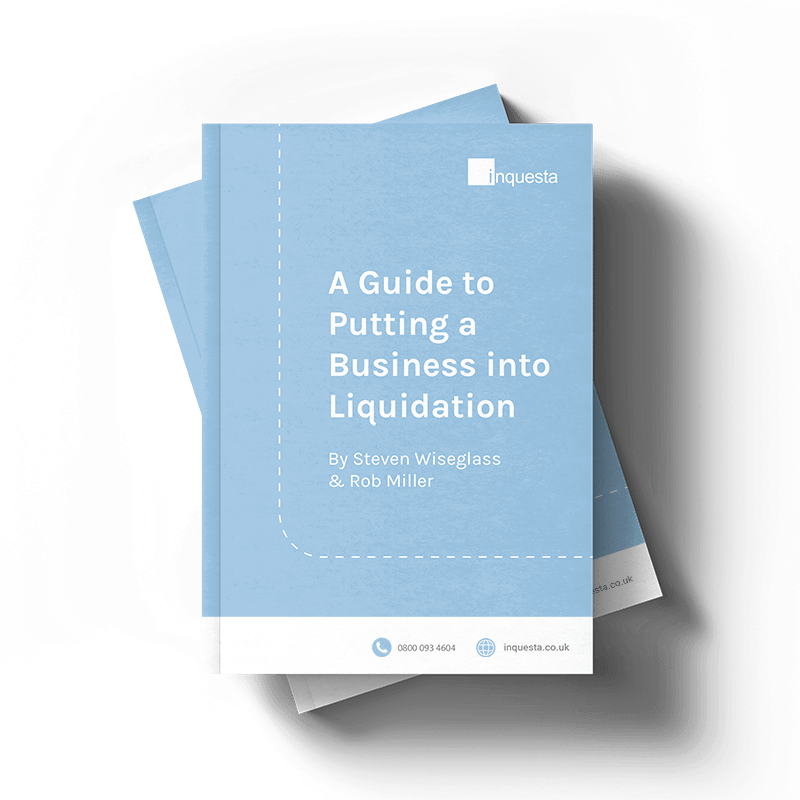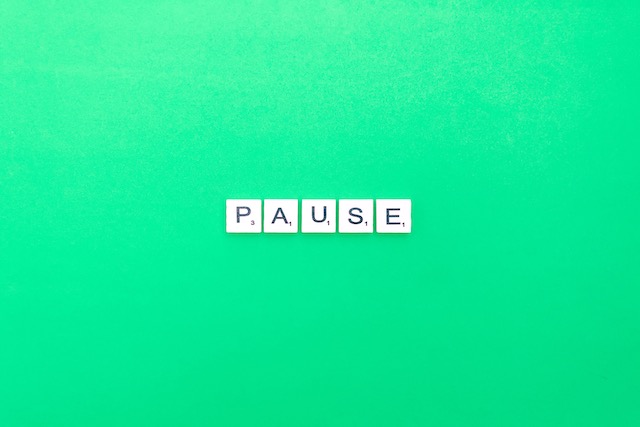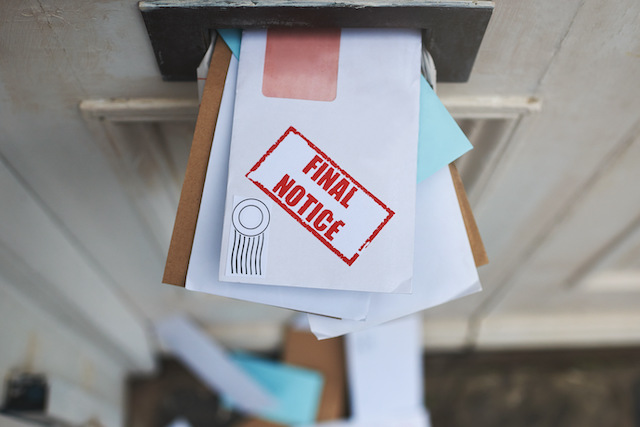
TARGETED PARTNERSHIP VOLUNTARY (PVA) SUPPORT
Running a business as a partnership can be incredibly rewarding, but financial difficulties have the potential to escalate when debts become unmanageable. If your partnership is facing financial pressure, finding the right path forward can be challenging. Our expert team is ideally placed to help you assess whether a Partnership Voluntary Arrangement (PVA) is the best option for your business — and ensure you get the support and guidance you need.
What is a Partnership Voluntary Arrangement?
A partnership voluntary arrangement procedure is a formal insolvency process between a partnership and its creditors. It is used to restructure and repay debts across a pre-agreed period of time. This kind of arrangement is typically used when a partnership is struggling to meet financial obligations, but wishes to do what it can to avoid insolvency and liquidation.
As the name suggests, a PVA is a voluntary process initiated by the partnership itself, allowing the partners to maintain control of their operations while, at the same time, alleviating immediate financial pressures. During the period of the PVA, interest and repayments are paused. This gives time for senior figures to make moves to recover while making manageable payments across the pre-agreed period.
Creditors will often prefer a partnership voluntary arrangement over enforced liquidation and the like, as it offers a higher likelihood of repayment. By allowing the partnership to continue operating, there is a greater chance that creditors will recoup more of the debt over time. In this respect, a PVA compares favourably with the shorter-term gains of compulsory liquidation, where returns are not guaranteed going in, so are usually much lower.
One of the key advantages of the partnership voluntary arrangement procedure is that it offers some much-needed protection from debt enforcement measures such as winding up petitions — as long as the arrangement’s terms are fully adhered to. For those partnerships looking for a solution to balance the creditor’s demands with the very real need to keep the firm running, a PVA can be an excellent option. However it’s essential that you seek professional advice early in the process if you want to ensure the best outcome possible in the end.
When Is a Partnership Voluntary Arrangement Required?
Partnership voluntary arrangements are typically utilised when a partnership is experiencing severe financial difficulties and is either currently unable, or soon to be unable, to pay its debts.
While the reason a partnership is facing such serious financial issues will vary from company to company, and sector to sector, the most common challenges preceding them include market downturns, cash flow issues, and unexpected business disruptions. A partnership may opt for a PVA as it can buy them the valuable time needed to restructure and ultimately recover — in turn reducing the short-term financial pressure.
However, it’s crucial to only pursue a PVA if there’s a genuine prospect of recovery on the horizon. If the partnership is unlikely to return to profitability, the PVA could merely delay the inevitable slide into insolvency or liquidation.
Our team provides tailored advice based directly on your unique circumstances, ensuring you have a clear and actionable plan to navigate the process effectively.
How Long Does a Partnership Voluntary Arrangement Last?
Typically, partnership voluntary arrangements will last anywhere from one to five years, and sometimes even beyond. The actual time frame depends on the complexity of the partnership’s financial struggles.
However, there is no set time in UK law to stipulate how long a partnership voluntary arrangement should last. This means that the actual length of a PVA will vary and is usually dependent on what would be considered a ‘reasonable’ timeframe for both the partnership and for the creditors to achieve the primary goal of facilitating repayment.
While a quicker turnaround will naturally be preferable for all parties, it must always be realistic. There’s no use stretching the truth and setting out overly optimistic terms regarding how much can be paid and over what period.
If you were to do this and be too ambitious, your arrangement is likely to fail, leaving all parties back at square one. All that will have happened is that valuable time and resources will have been wasted, with virtually nothing to show for it.
Download our FREE Guide to Liquidation
If your business has received a winding-up petition, understanding the liquidation process is vital. If you aren’t able to get your winding up petition dismissed, or addressed in another way, it can easily lead to compulsory liquidation if not addressed quickly, making it essential to explore your options and take well-informed action.
Our FREE Liquidation guide provides clear, expert advice on:
- Key warning signs that your business may be in danger of possible liquidation.
- Which insolvency options are available and which ones best suit your situation.
- What the liquidation process looks like
- Things you should be aware of throughout the process.
- What life after liquidation looks like.
If you’re considering liquidation or seeking more information, download our comprehensive Liquidation Guide and explore everything you will need to know.

The Partnership Voluntary Arrangement Procedure
The partnership voluntary arrangement procedure is a structured and formal process aimed at helping a partnership in financial distress regain control and avoid insolvency.
Only by seeking expert guidance early on can you be sure that the process will be handled as smoothly as possible, while also being compliant with any and all legal requirements. This acts to provide your partnership with the very best possible chance to turn things around, survive, and, ultimately, thrive.
Here’s a brief overview of how the process works:
Inquesta: Supporting Partnerships Through Tough Times
Navigating deep-rooted financial issues can be highly stressful for any partnership, causing cracks to develop between even the most tight-knit teams. However, with the right support, recovery may still be possible.
At Inquesta, we are on hand to offer partnership voluntary arrangement solutions tailored to you and your unique situation. We will work closely with both partners and creditors in order to create an arrangement that offers the best possible outcome for the key parties involved.
We have supported businesses of all shapes and sizes, across a wide variety of sectors and industries, to overcome financial challenges and turn things around.
Our team is ready to offer the specialist advice and support you need in order to navigate the partnership voluntary arrangement procedure with total confidence and clarity. Set yourself up for the future with Inquesta’s PVA support service.
Get In Touch
Meet the Director
At Inquesta we offer a director-led service. Our dedicated, expert team is ideally positioned to support you through the vital partnership voluntary arrangement procedure.

Steven Wiseglass
Director of Insolvency
A co-founder of Inquesta, Steven is a licensed Insolvency Practitioner with over a decade of experience in the field. He is a member of the Insolvency Practitioners Association, Association of Business Recovery Professionals (R3), and his insolvency licence is issued by the Insolvency Practitioners Association. In addition, he sits on the R3 committee of the North West Regional Committee.
Steven specialises in advising directors of small to medium-sized businesses, and has a wealth of expertise in providing the most appropriate advice whatever the firm’s circumstances may be. He has also been instrumental in helping company directors save their business and rebuild them into successful enterprises.


